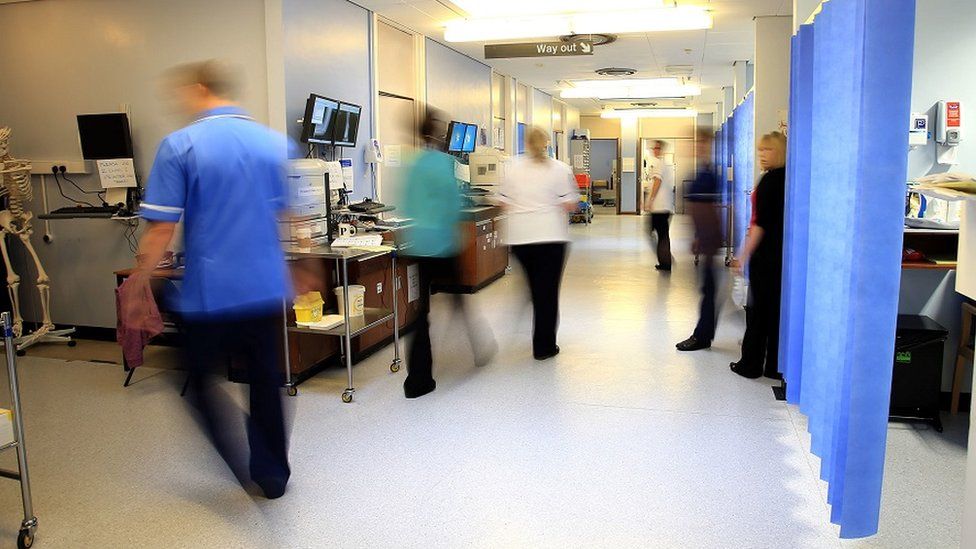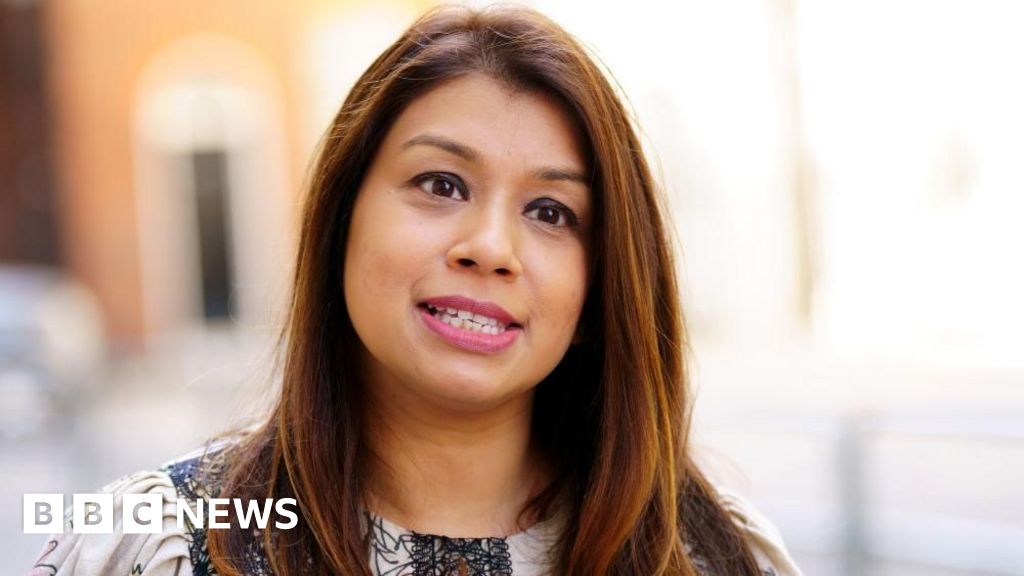ARTICLE AD BOX
 Image source, PA Media
Image source, PA Media
By Chris Mason
Political editor, BBC News
The reality of any negotiation is that the potential sweet spot for agreement lies in the place where both sides can claim a victory and argue that their course of action all along was pragmatic, sensible and justifiable.
After months of argument and weeks of serious talks, that is where many of the health unions and the government each find themselves in many of the disputes in the NHS in England.
For ages, the government said it wouldn't reopen pay discussions for this financial year, which runs until the end of the month.
And now, to all intents and purposes, it has, offering a one-off lump sum payment.
For ages, trades unions made various pay demands, often well in excess of 5%, which the leaderships of many unions are now saying is acceptable for the next financial year.
Both sides have budged, both sides have compromised.
This has been in the offing for a while: both the potential for compromise, and even the figure arrived at.
Just before Christmas I reported that one-off payments were being discussed within government and within trades unions.
In early January there was a marked change in tone in the talks between the government and many of the health unions in England.
The mood did then appear to sour before Downing Street decided it was time to attempt to bring disputes to a close, if unions were willing to suspend strikes during talks.
Just over a month ago, a path to potential settlement became clear, as did the likelihood that an offer around 5% might be where agreement could be found.
So how will this be paid for?
The Treasury have said for some time that 3.5% in the next financial year was affordable and accounted for. Which leaves a 1.5 percentage point gap and the cost of that lump sum.
Across government, there is an ongoing review looking for efficiencies and savings. It is expected that part of the gap will be filled by finding areas of underspend or savings from administration costs.
Government sources insist there won't be any impact on "front line services".
But precisely what is a "front line service" and how much can be saved from other functions without having an impact on the sort of thing we might notice as patients?
And the other part of the gap will be additional money from the Treasury.
The weight each of these factors bears will depend on the outcome of the review and a discussion prior to the Autumn Statement - the mini-Budget before Christmas - between the Department of Health and the Treasury.
Crucially, the money will be found: the government has committed to that.
This isn't the end of the matter, though, for two reasons.
There is the ongoing dispute involving junior doctors in England, who are demanding a 35% pay rise.
The government is exasperated by this, with some senior figures initially assuming the demand was a typo, that there was a decimal point missing and it should read 3.5%.
But no, their demand is much, much higher, because they argue they have been underpaid for years and years and years.
And, remember, while most union leaderships have recommended their members back this agreement, it is up to those members to decide whether they will.
So while the prevailing wind points towards the potential for sorting these disputes out, we are not there yet.

 1 year ago
27
1 year ago
27








 English (US) ·
English (US) ·